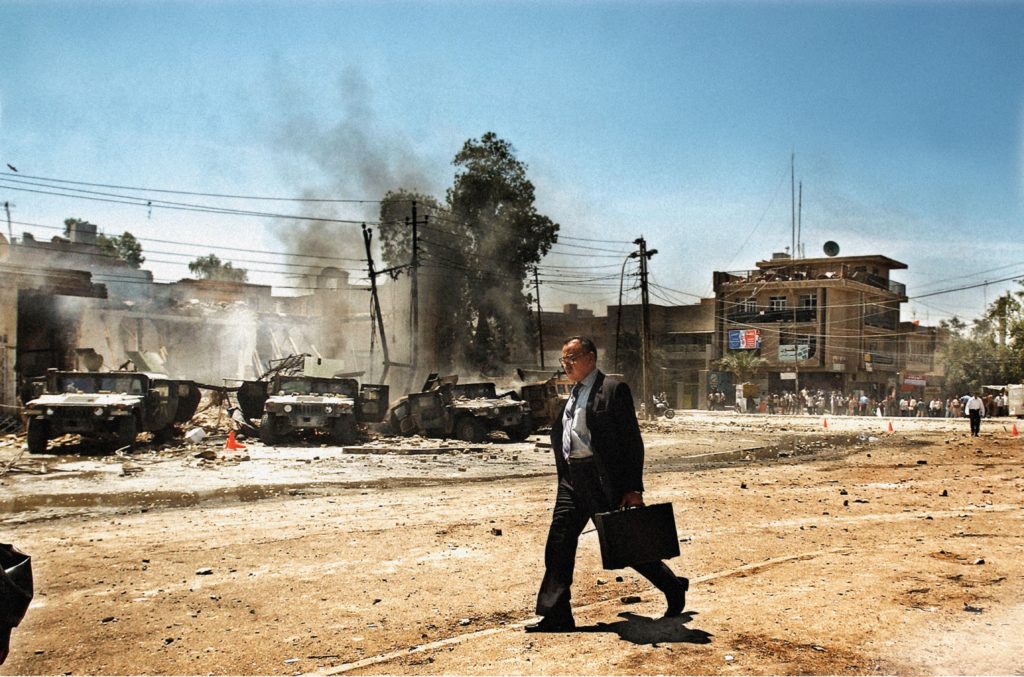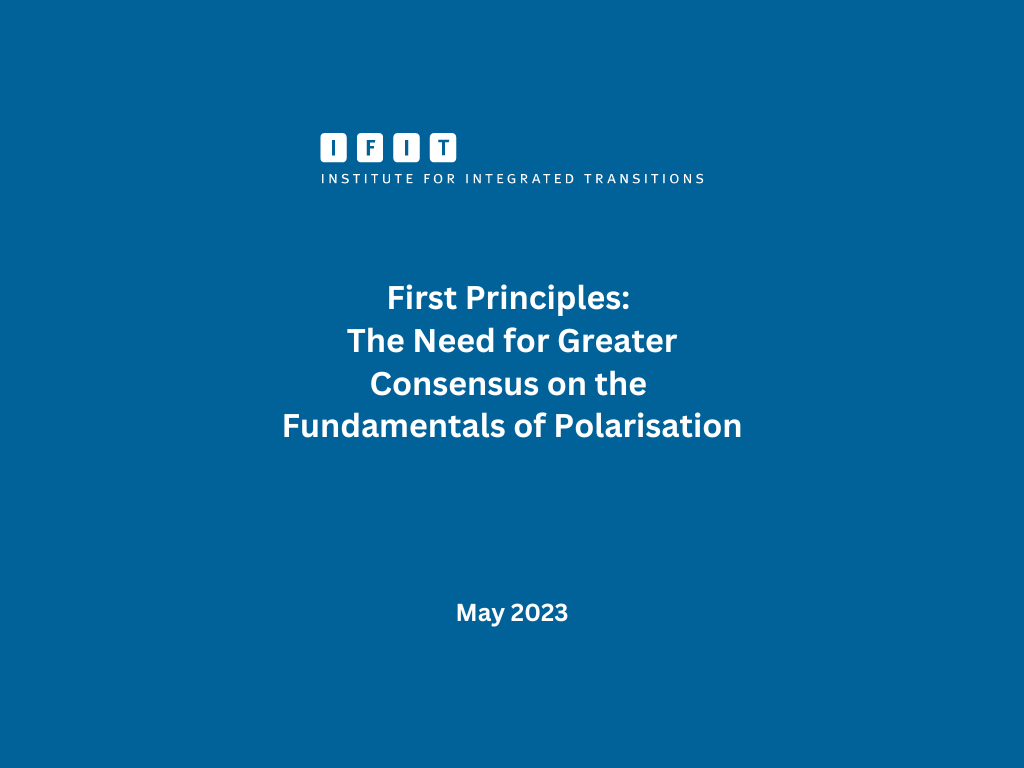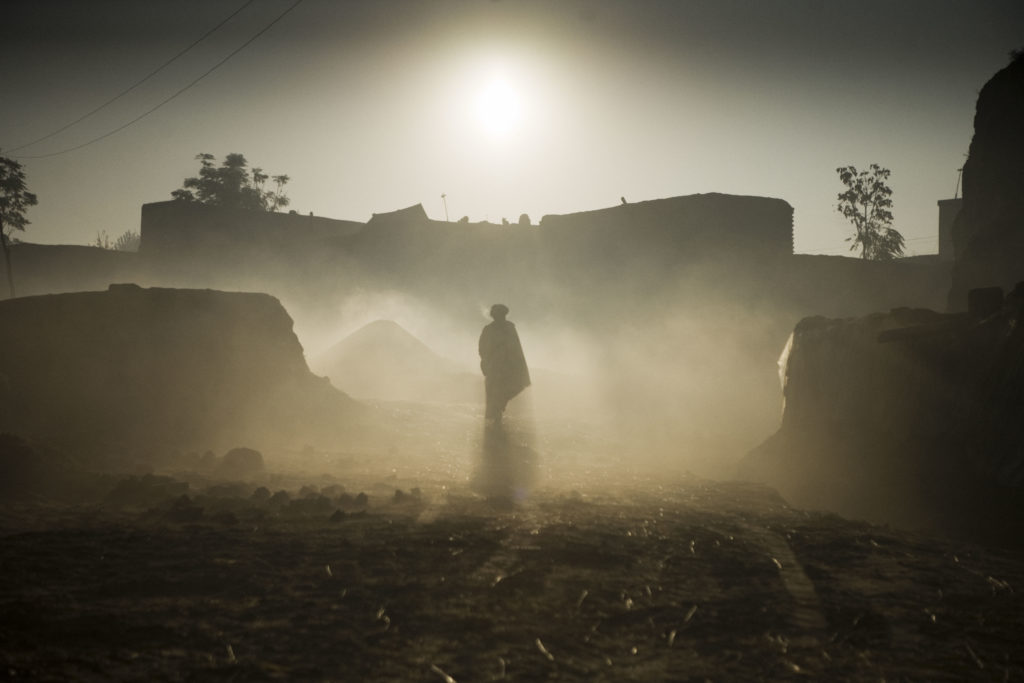Sujit Choudhry practices constitutional law, in Canada and globally. He is an internationally recognized authority on comparative constitutional law. He has been an advisor to constitution building, governance, and rule of law processes for over 20 years, including in Cyprus, Egypt, Ethiopia, Jordan, Libya, Myanmar, Nepal, South Africa, Sri Lanka, Sudan, Tunisia, Ukraine, Yemen and Zimbabwe. He has lectured or spoken in three dozen countries. Choudhry has published over 100 articles, book chapters, policy manuals, reports and working papers. His edited volumes include The Oxford Handbook of the Indian Constitution (Oxford University Press, 2016), Constitution Making (Edward Elgar, 2016), Constitutional Design for Divided Societies (Oxford University Press, 2008), The Migration of Constitutional Ideas (Cambridge University Press, 2005), Territory and Power in Constitutional Transitions (Oxford University Press, 2019) and Security Sector Reform and Constitutional Transitions (Oxford University Press, 2019). Choudhry founded and directs the Center for Constitutional Transitions (CT), which generates and mobilizes knowledge in support of constitution building by assembling and leading international networks of experts to produce evidence-based policy options for decision-makers and agenda-setting research, in partnership with a global network of multilateral organizations, think tanks, and NGOs. CT has worked with over 50 experts from over 25 countries.
Choudhry is also a practicing barrister, and has a broad public law practice on questions of constitutional law, administrative law, public international law and international human rights law, in the Canadian courts, including in judicial reviews, appeals, and arbitrations. He frequently appears as counsel, including in the Supreme Court of Canada in Charkaoui (security certificates), and in Khadr 1 and Khadr 2 (Guantanamo detainees). He is currently counsel in a number of high profile constitutional challenges brought under the Canadian Charter of Rights and Freedoms, including Bakan et al. v. Canada and Cool World et al. v. Twitter, landmark cases globally on the governance of social media platforms. Choudhry was a member of the Governing Toronto Advisory Panel, which proposed major reforms to the structure of municipal government in Toronto, and sat on the Board of Directors of Legal Aid Ontario, one of the largest publicly funded legal assistance programs in the world.
Choudhry was named Practitioner of the Year by the South Asian Bar Association of Toronto in 2011. In 2015, the South Asian Bar Associations of Southern California and Northern California each awarded Choudhry the Trailblazer Award. In 2010, Choudhry received the Trudeau Fellowship. Choudhry holds law degrees from the University of Oxford (as a Rhodes Scholar), the University of Toronto, and Harvard Law School, and served as Law Clerk to Chief Justice Antonio Lamer of the Supreme Court of Canada. For 20 years, Choudhry was a full-time academic at the University of Toronto, New York University, and UC Berkeley (where he served as Dean).
You may also be interested in

page
Initiative on Apex Court Appointments

page
Our Model

page
Mission

publication / Global Initiative on Polarization
Prinsip Pertama: Perlunya Konsensus yang Lebih Luas mengenai Dasar-Dasar Polarisasi
- Español
- Français
- العربية
- Português
- русский
- فارسی
- 中文
- Kiswahili
- हिंदी
- English

publication / Global Initiative on Polarization
प्रथम सिद्धांत: ध्रुवीकरण के बुनियादी सिद्धांतों पर अत्यधिक सहमति की आवश्यकता
- Español
- Français
- العربية
- Português
- русский
- فارسی
- 中文
- Kiswahili
- English
- Bahasa

publication / Global Initiative on Polarization
Kanuni za Kwanza: Hitaji la Makubaliano Mapana Zaidi Kuhusu Misingi ya Utengano
- Español
- Français
- العربية
- Português
- русский
- فارسی
- 中文
- English
- हिंदी
- Bahasa

publication / Global Initiative on Polarization
第一原则 需要对极化的基本概念进一步达成共识
- Español
- Français
- العربية
- Português
- русский
- فارسی
- English
- Kiswahili
- हिंदी
- Bahasa





